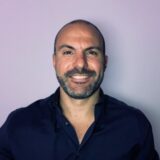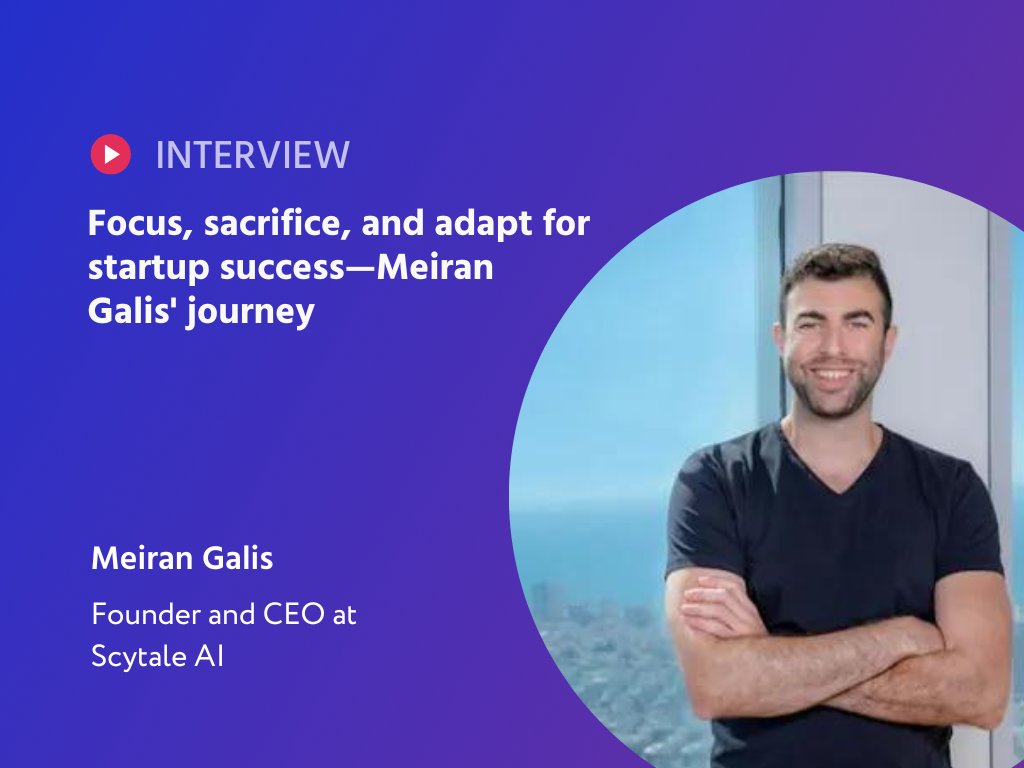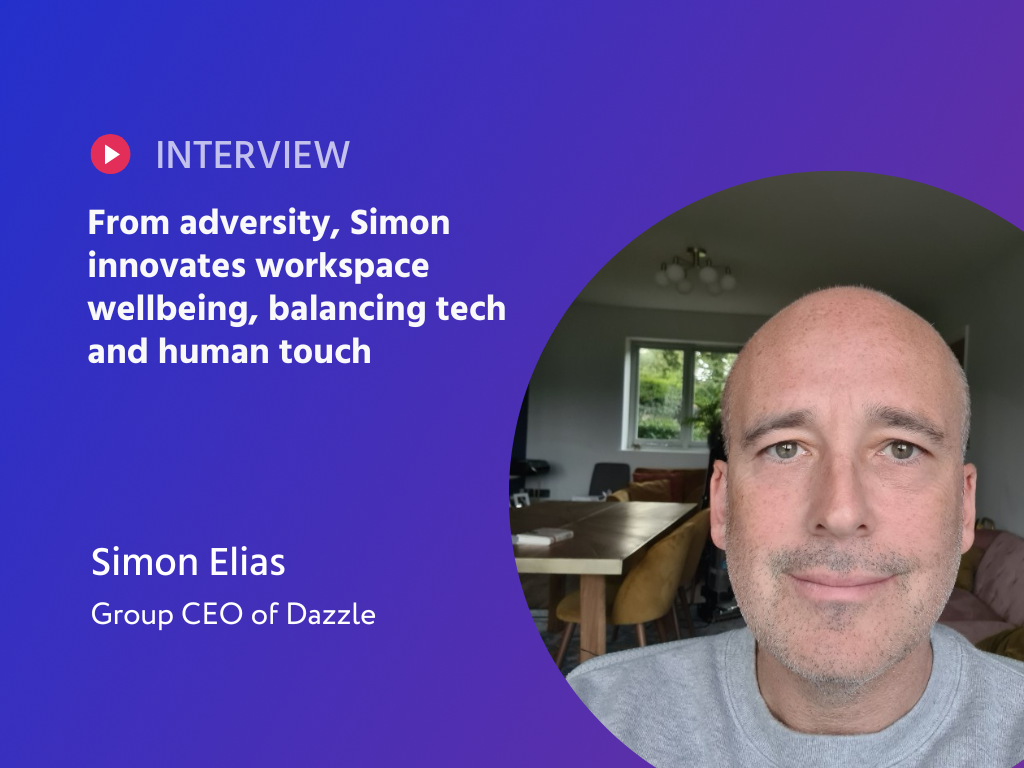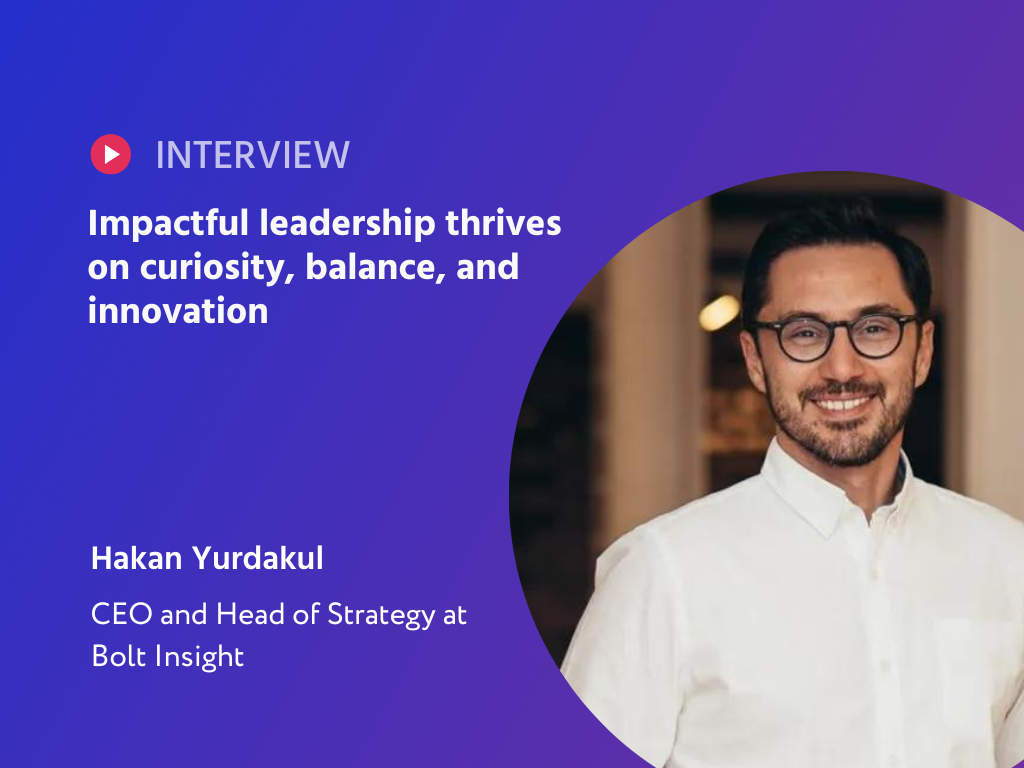Humans in the Digital Age have unlimited access to an inexhaustible amount of knowledge at any given moment. An individual can use this information to accomplish a slew of objectives, such as work or personal entertainment. There are many ways in which we can make use of our time online. Perhaps the most integral gift the internet era has given us, however, is the capacity for self-study.
Andrew Cohen, the founder of Brainscape, is determined to take part in the development of the remote learning industry. Brainscape, founded in 2010, is a web and mobile learning platform that helps people study using adaptive flashcards and spaced repetition. Recently, the Bright Founders Talk podcast had the chance to catch-up with Andrew and discuss the current state of the E-learning industry, which provided for an engaging discourse.
Find a Silver Lining
Brainscape is a personal endeavor for Andrew. As a user himself, Andrew has been fine-tuning the platform for over a decade so that it accurately matches his vision. The project arose from a need for a language learning tool, and grew into an app that now covers a diverse range of subjects.
“In 2006, I was working with the World Bank in Panama. I needed to get very good at Spanish. While being interviewed for Panamanian TV news about my project, I kept forgetting words and pausing to conjugate verbs in my head. It was embarrassing for me, and it made me want to learn Spanish faster. For the first version of the product, I used Visual Basic to create a macro in Microsoft Excel to drill me on Spanish verbs and vocabulary.”
“For over 15 years, I’ve had a singular focus and mission, and that is to optimize how people learn. With Brainscape, we want to map the world of everything that is learnable. Our goal is to convert this information into the most atomic bite sized format that can be studied efficiently on any web or mobile device. I feel like our human capacity is 100 times the level of efficiency that we’re currently learning at.”
We have so much innovation left to do
The Learning Curve
The process of learning is inherently difficult. When starting off, it is expected that individuals will make numerous mistakes on their path to proficiency. With time, however, these skills become polished through practice and understanding.
“Making something that is simple for the user is very difficult. Concepts such as the science of learning, or the knowledge graph of everything learnable, are extremely complex. How do you take that much complexity and make it as simple as possible to the user, employee, or investor? That’s a tough challenge, but it’s something that I feel like I am suited to do because of my background.”
“You should first find technical leadership of your own. If I could start again, I would have hired a CTO from the very beginning. Initially, I didn’t have a technical co-founder at my company. With a CTO, you’re able to create a better product that’s more successful. In the long run, that is going to enable you to hire even more talent and grow your company.”
Simple is hard
A Two-Pronged Approach to Technology
A platform is only as reliable as the tech stack that it was built on. This can complicate things when working with different operating systems. When creating the Brainscape apps, Andrew found a solution in React Native, and was able to resolve the compatibility issues.
“In the beginning, there wasn’t really a great cross-platform development stack for mobile. There were a few attempts, but it wasn’t really until React Native that things turned around. Starting in 2016, the company began rebuilding the android app in React Native. Gradually, we got to the point where it had enough features to match what we had on iOS, so we finally replaced the legacy app with the new React Native app on iOS.”
I’m very proud of the team we have right now, and it’s continuing to grow
Education Is Evolving
The remote learning market has tremendous potential for growth in the not-too-distant future. The proliferation of the internet has radically affected the way in which we study and take in information. In Andrew’s opinion, these changes were long overdue.
“There has been a strong push in the last 10 or 15 years toward social learning, which is important, but I think a lot of that has come at the expense of self-study. The coronavirus pandemic really demonstrated the usefulness of self-study, and other forces will continue to push the pendulum back toward independent learning. It’s not just more effective from a cognitive science standpoint, but it’s also something that is economically efficient.”
“We’re building the foundations by which we can expand the business far beyond flashcards. Adaptive flashcards with spaced repetition have been our foundation for over ten years, but that doesn’t mean we want to be a flashcard company for the next decade or two. Brainscape is an adaptive learning company that is focused on self-study, and we are always looking to expand and reinvent learning from the inside out.”
Self-study is going to become an increasing theme in the future of education
Avenues to Enlightenment
Experience and knowledge come hand in hand, but the path to wisdom is full of challenges and difficulties. It is often helpful to listen to individuals that have come before us, and hear what they have to say. This information, at times, can be of immeasurable worth. As we bid him farewell, Andrew had some parting words.
“Almost 100% of first-time entrepreneurs are afraid to share their ideas with people. They might be worried somebody is going to tell them their idea is stupid, or maybe they’re too embarrassed to talk about it, but those things are part of the process. These interactions give you valuable feedback. Every second-time entrepreneur tells me that if they could have gone back in time to give themselves one piece of advice, it would have been to share their idea as much as possible.”
“Try the hard thing first, and then back out to learn the components. If you want to learn guitar, for example, find a YouTube tutorial on the hardest blues song. It could take 10 hours to learn, and you might not understand the notes and chords, but it’s going to help drive your learning in so many ways. When you are learning, try and fail to accomplish the full goal, so that you have a better picture of what you’re trying to do.”
Tell everybody you meet about your idea




